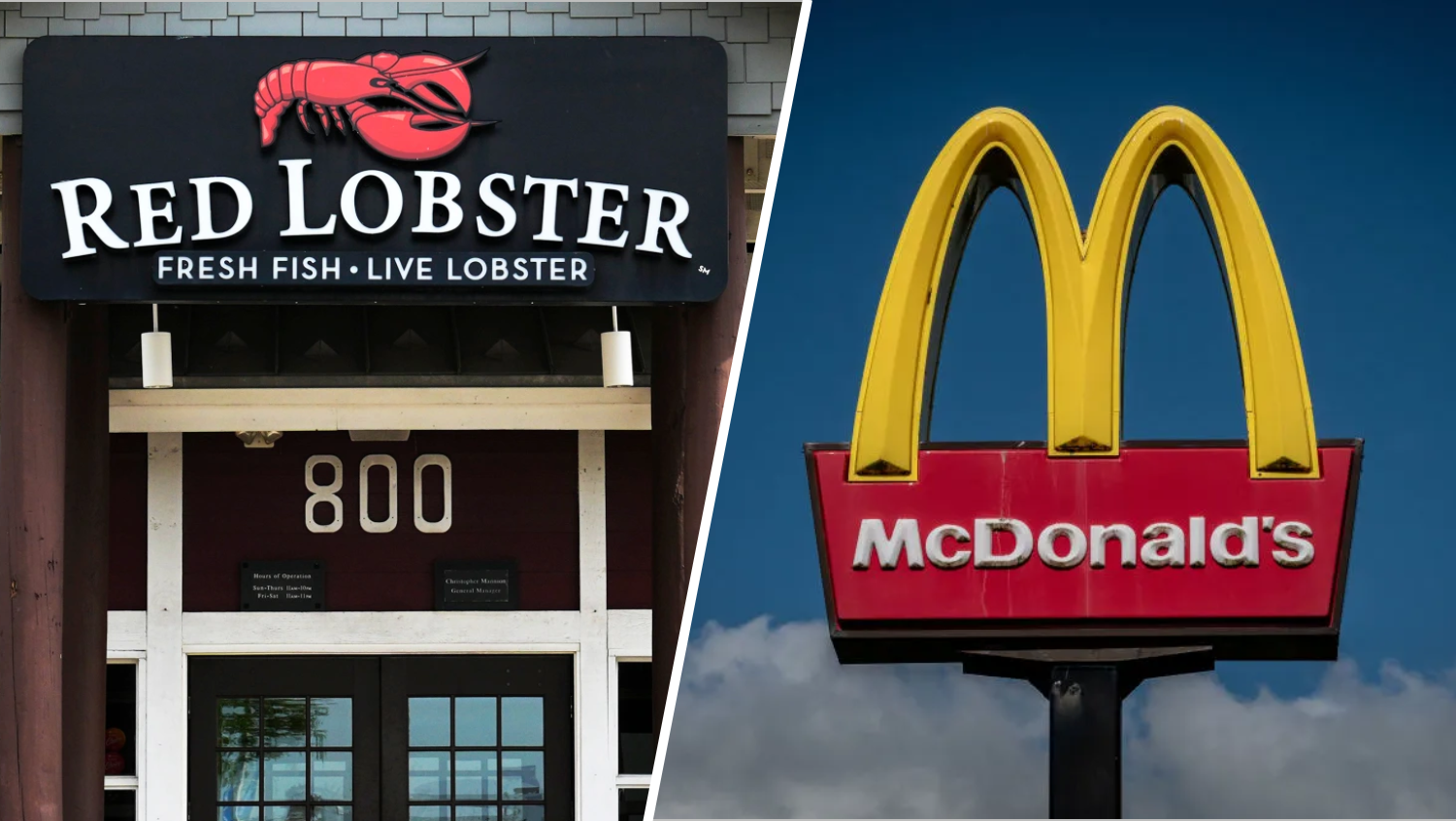
A total eclipse with the ‘diamond ring’ effect is seen from South Mike Sedar Park on Aug. 21, 2017, in Casper, Wyoming. Millions of people flocked to areas of the U.S. that are in the “path of totality” in order to experience a total solar eclipse. During the event, the moon passed in between the sun and the Earth, appearing to block the sun.
The next solar eclipse is just over two months away, with skies expected to turn dark in much of the U.S. for a few minutes on April 8.
The eclipse marks the first one on visible in the contiguous U.S. since Aug. 2017, when millions traveled toward the path of totality to get an optimal view of one of nature's most incredible events.
This time around in 2024, plenty of cities in the Midwest will get a lengthy view of the phenomenon, with a path of totality stretching from western Mexico northeast all the way to Newfoundland and Labrador in Canada.
As for the U.S., the path of totality stretches from southwest Texas to northern Maine, with plenty of major metropolitan areas getting the best view possible of the eclipse.
Down in Texas, the San Antonio, Austin and Dallas-Fort Worth regions are all located in the path of totality, while the Little Rock area in Arkansas will also get a fantastic view.
Much of the path of totality is in the American Midwest, with several notable cities getting multiple minutes of prime viewing time for the upcoming eclipse.
Here's a look at the Midwest cities with notable time in the path of totality, according to the National Solar Observatory and Eclipse2024.org:
- Carbondale, Ill. - Four minutes, nine seconds
- Cape Girardeau, Mo. - Four minutes, five seconds
- Poplar Bluff, Mo. - Four minutes, eight seconds
- Jackson, Mo. - Four minutes, 10 seconds
- Evansville, Ind. - Three minutes, two seconds
- Indianapolis, Ind. - Three minutes, 48 seconds
- Bloomington, Ind. - Four minutes, two seconds
- Vincennes, Ind. - Four minutes, five seconds
- Dayton, Ohio - Two minutes, 42 seconds
- Findlay, Ohio - Three minutes, 44 seconds
- Cleveland, Ohio - Three minutes, 49 seconds
- Tiffin, Ohio - Three minutes, 52 seconds
- Norwalk, Ohio - Three minutes, 54 seconds
- Upper Sandusky, Ohio - Three minutes, 55 seconds
- Forest, Ohio - Three minutes, 56 seconds
While the path of totality won't go through Chicago, the Chicago White Sox will be in the spotlight on April 8 as they're scheduled to play the Cleveland Guardians in Cleveland, with the start time of the game still unknown.
Local
Feeling out of the loop? We'll catch you up on the Chicago news you need to know. Sign up for the weekly> Chicago Catch-Up newsletter.
For those unable to get a peak of this year's solar eclipse, it will be a while until you can see another one in America.
According to NASA, North America’s next total solar eclipse will occur in March 2033, but will only hit totality in Alaska.
An eclipse on Aug. 12, 2045 will hit totality in areas of the west and of the Great Plains, with other total eclipses visible in North America in 2052, 2078 and 2079.
There will be another total eclipse visible in Chicago this century, but that won’t occur until Sept. 14, 2099, according to NASA. That eclipse will reach totality over the far northeast corner of Illinois, including Evanston and Chicago, according to officials.



